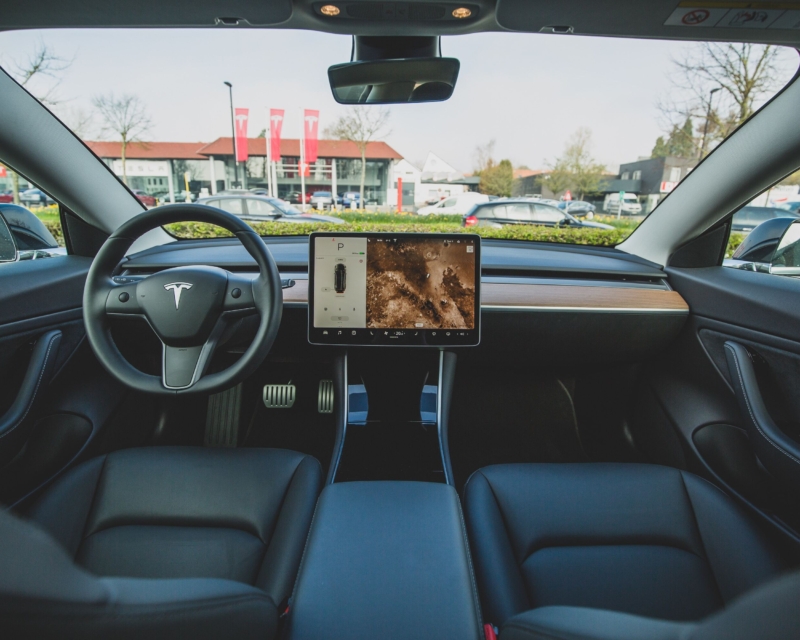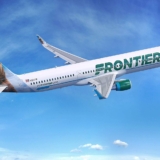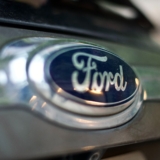Tesla Whistleblower Leaks Damning Data: Is Tesla’s Full Self-Driving Safe?
a Tesla whistleblower has just shaken the automotive world. An astonishing 100GB of data has been leaked to the German outlet Handelsblatt, and it contains a trove of customer complaints that raise serious concerns about the safety of Tesla’s Full Self-Driving (FSD) features. Brace yourself for the shocking revelations that follow.
These complaints, spanning from 2015 to March 2022, have poured in from Tesla customers across the US, Europe, and Asia. Handelsblatt reports over 2,400 incidents of self-acceleration issues and 1,500 cases of braking problems, including a startling 139 reports of “unintentional emergency braking” and 383 incidents of “phantom stops” triggered by false collision warnings.
But the most harrowing aspect lies in the firsthand accounts shared by Handelsblatt. Drivers describe how their vehicles suddenly brake or accelerate without warning. While some managed to regain control safely, others found themselves in nightmarish scenarios—landing in ditches, colliding with walls, or even crashing into oncoming vehicles. The gravity of these incidents cannot be ignored.
Moreover, the leaked documents shed light on Tesla’s response to customer issues, revealing a company that prefers to keep its vehicle data under wraps. Handelsblatt highlights some concerning policies outlined in the obtained materials. For each incident, there are bullet points for “technical review,” but employees explicitly mark these reports as “for internal use only.” Each entry contains a bold warning that information can only be relayed “VERBALLY to the customer.”
Tesla’s caution extends to not sharing the report via email, text message, or voicemail. Vehicle data should not be disclosed without permission, and if legal involvement becomes inevitable, it must be duly noted. These policies raise questions about transparency and accountability within the company.
When confronted by Handelsblatt with questions regarding the leaked data, Tesla took an unexpected approach. Instead of addressing the concerns, the company demanded that the data be deleted, accusing Handelsblatt of data theft. The source of the leak remains undisclosed, as Handelsblatt received the information from multiple informants. The plot thickens.
This isn’t the first time doubts have been cast on Tesla’s Full Self-Driving capabilities. While the FSD feature encompasses Tesla’s Autopilot and Enhanced Autopilot functionalities, offering automatic lane changes, autosteering, and auto parking, concerns about its reliability persist. Astonishingly, Tesla made its FSD beta available to the public in November of the previous year, despite the ongoing reservations.
In January, the National Highway Traffic Safety Administration (NHTSA) began investigating Tesla’s FSD software after CEO Elon Musk’s tweet about offering an option to disable the “steering wheel nag.” The agency deemed this capability a crash risk a month later, prompting Tesla to recall 362,758 cars equipped with FSD and temporarily halt FSD installations.
The truth behind Tesla’s Full Self-Driving claims hangs in the balance. As the leaked data continues to reverberate through the industry, one thing is certain: the safety of autonomous driving technology demands thorough scrutiny and unwavering accountability. The road to a truly self-driving future remains a winding one, with more twists and turns to






